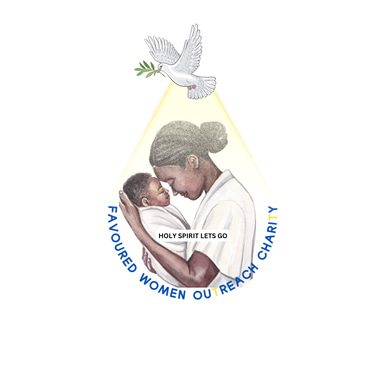Bridging the Gap: Addressing Contraceptive Awareness in Nigeria
Discover the challenges and solutions surrounding contraceptive awareness in Nigeria. This article explores the cultural, social, and economic barriers to family planning, the impact of limited access, and actionable strategies to empower individuals and communities for a healthier, more sustainable future.
12/15/20242 min read


Nigeria, with its vibrant culture and diverse population, faces significant challenges in public health, one of which is the lack of awareness and accessibility to contraception. This issue has far-reaching consequences, affecting not only individual families but also the broader socio-economic fabric of the nation.
The State of Contraceptive Awareness in Nigeria
Despite advancements in global health, contraceptive awareness in Nigeria remains worryingly low. According to reports, only about 17% of Nigerian women aged 15-49 use modern contraceptive methods. Factors contributing to this include cultural and religious beliefs, limited access to healthcare, and a lack of education on sexual and reproductive health.
In many communities, contraception is still considered taboo. Discussions about family planning are often avoided, leaving many women and men uninformed about their options. This gap in awareness leads to unintended pregnancies, unsafe abortions, and a higher risk of maternal and child mortality.
Key Barriers to Contraceptive Use
Cultural and Religious Influences
Traditional beliefs often discourage the use of contraceptives, viewing them as unnatural or morally unacceptable. Some religious groups oppose contraception, promoting abstinence instead, which can limit open discussions about family planning.Limited Access to Healthcare
Rural areas, in particular, suffer from a lack of healthcare facilities and trained professionals who can provide contraceptive services. The cost of contraceptives, though subsidized in some cases, remains a barrier for many low-income families.Stigma and Misconceptions
Myths about contraceptive side effects deter many people from using them. Common misconceptions, such as the belief that contraceptives cause infertility or harm unborn children, fuel fear and resistance.Gender Inequality
Women often face opposition from their partners or family members when trying to use contraception. In many households, men make decisions about family planning, which can prevent women from accessing the care they need.
The Impact of Limited Contraceptive Awareness
The consequences of inadequate contraceptive awareness are profound:
Population Growth: Nigeria’s population growth rate, one of the highest globally, strains the country’s resources and infrastructure.
Maternal Health Risks: Women who lack access to family planning are more likely to experience complications during childbirth, increasing maternal mortality rates.
Economic Strain: Families with more children than they can support face financial challenges, perpetuating cycles of poverty.
Pathways to Change
Addressing the lack of contraceptive awareness in Nigeria requires a multi-faceted approach:
Education and Community Engagement
Public health campaigns should be culturally sensitive, involving religious and community leaders to foster acceptance of family planning. Incorporating sexual education into school curriculums can also empower young people to make informed choices.Improving Healthcare Access
Expanding healthcare services to rural areas, training healthcare workers, and ensuring the availability of affordable contraceptives can bridge the accessibility gap.Leveraging Technology
Mobile apps and SMS services can provide discreet and accessible information about contraception. Telemedicine initiatives can connect individuals with healthcare professionals for advice and support.Empowering Women
Promoting gender equality and ensuring women have a voice in family planning decisions are critical to increasing contraceptive use. Support groups and advocacy programs can help women assert their reproductive rights.
Conclusion
Increasing contraceptive awareness in Nigeria is not just a public health priority but a socio-economic necessity. By breaking cultural taboos, addressing misconceptions, and improving access to family planning services, Nigeria can empower its citizens to make informed choices about their reproductive health. This shift will not only improve individual lives but also contribute to the nation’s sustainable development.
Together, through education, advocacy, and collaboration, we can bridge the gap and create a future where every Nigerian has the knowledge and resources to plan their families and lives effectively.
